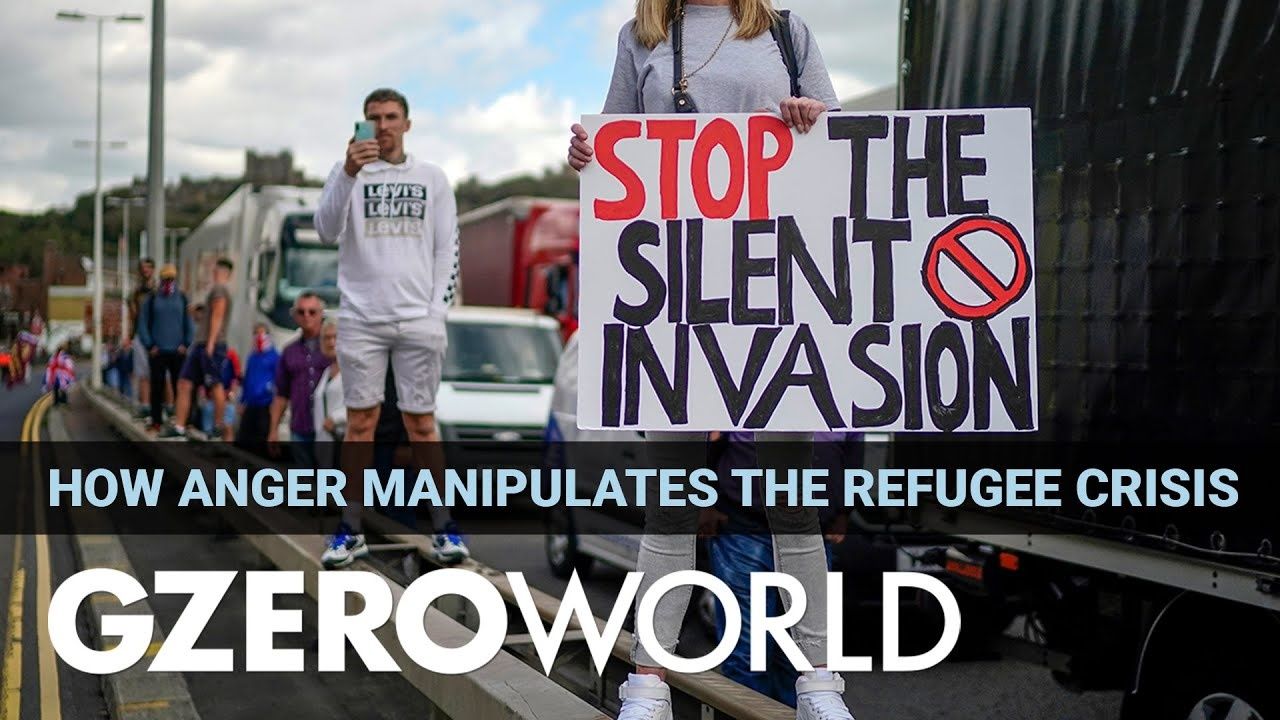GZERO World Clips
What makes the UN’s top refugee advocate, Filippo Grandi, the angriest?

What makes the UN’s top refugee advocate the angriest? | GZERO World

"All over the industrialized world, the refugee issue has been manipulated for political reasons…it has become popular to say 'Let's get rid of them. Let's send them away. Let's not rescue them at sea.'" The UN High Commissioner for Refugees, Filippo Grandi, has faced an uphill battle in getting the leaders of the world to care about refugees for years. But, he says, the recent increase in the politicization of refugees as disease-carrying hoards truly makes his blood boil. Not only, he says, because it's morally wrong, but also because it's not an efficient way to handle the problem. His conversation with Ian Bremmer was part of a new episode of GZERO World.
Watch the episode: UNHCR chief: How the pandemic has upended the lives of refugees
In this "ask ian," Ian Bremmer analyzes Trump’s recent meeting with Zelensky and how close (or far) Russia and Ukraine are from a peace deal.
Syrian President Ahmed al-Sharaa attends the military parade of the Syrian army in Umayyad Square in central Damascus to mark the one-year anniversary of the fall of the Assad regime, on Dec. 8, 2025.
A year ago this month, Syria’s brutal dictatorship collapsed. There are signs of recovery, but sectarian violence threatens to undermine the optimism.